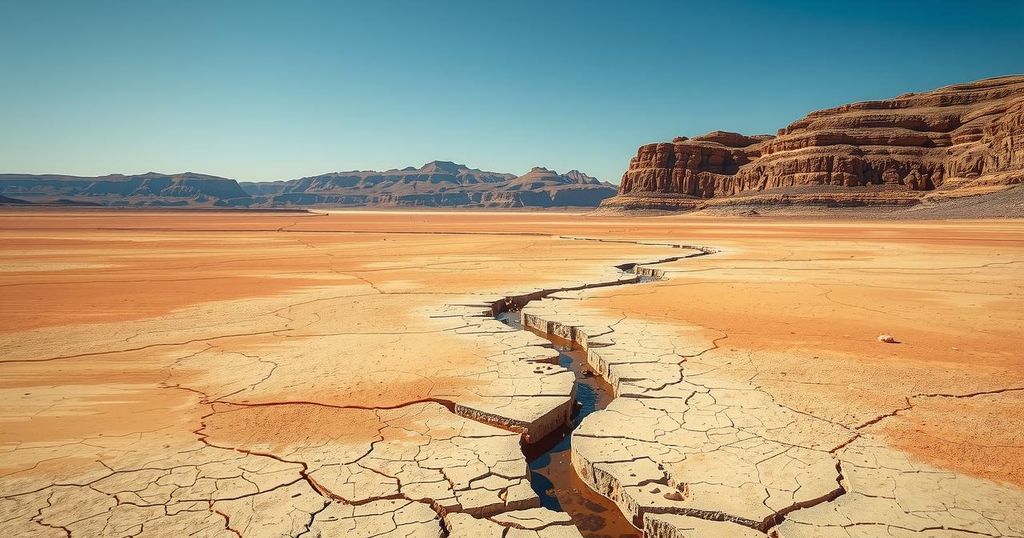Global news
ASIA, DOHA, GULF, GULF ARAB, INTERNATIONAL RELATIONS, IRAN, MIDDLE EAST, MOHAMMED, MOHAMMED BIN ABDULRAHMAN BIN JASSIM AL - THANI, NUCLEAR AGREEMENT, NUCLEAR POLICY, NUCLEAR WEAPONS, QATAR, SANCTIONS, SHEIKH, SHEIKH MOHAMMED BIN ABDULRAHMAN BIN JASSIM AL - THANI, TEHRAN, TUCKER CARLSON
Jamal Walker
0 Comments
Qatar PM Warns of Water Crisis from Potential Attack on Iran’s Nuclear Facilities
Sheikh Mohammed of Qatar warns that attacks on Iran’s nuclear facilities would contaminate water supplies, jeopardizing life in the Gulf region. Qatar, which relies on desalination, could run out of water within days. He advocates for diplomatic solutions to prevent military escalation, noting Iran’s willingness to engage positively for regional stability.
Qatar’s Prime Minister, Sheikh Mohammed bin Abdulrahman bin Jassim Al-Thani, expressed grave concerns regarding potential attacks on Iran’s nuclear facilities located along the Gulf coast. In an interview with United States media figure Tucker Carlson, he predicted that such an attack would render various countries in the region without access to clean water. He explained that simulations indicated the sea would become entirely contaminated, leading Qatar to exhaust its water supply within three days.
Despite improvements in water reservoir capacity, Sheikh Mohammed emphasized that the risk of water contamination remained significant for all Gulf nations. He asserted, “No water, no fish, nothing… no life,” highlighting the dire consequences of military action on regional ecosystems. His interview coincided with former President Trump’s remarks about inviting Iran for nuclear discussions.
Trump indicated a preference for a peace deal but suggested that military action could be a solution. Qatar, located 190 kilometers south of Iran, heavily relies on desalination for its water needs—mirroring the water supply strategy of neighboring Gulf countries. While Iran operates a nuclear power plant at Bushehr, its uranium enrichment activities take place further inland, hundreds of kilometers away.
Sheikh Mohammed noted that Qatar maintains a focus on security concerns and opposed military action towards Iran, expressing a commitment to diplomatic solutions. He asserted that Tehran displayed readiness for constructive engagement to improve regional relationships, stating, “They are willing to get to a level that creates comforts for everybody.”
The article discusses Iran’s longstanding controversies surrounding its nuclear intentions, which have drawn accusations from Western nations despite Iran’s consistent denial. Following the 2015 agreement to limit its nuclear program in exchange for sanctions relief, the situation deteriorated when Trump withdrew from the agreement in 2018.
In conclusion, Sheikh Mohammed of Qatar has raised alarms over the potential repercussions of military strikes on Iran’s nuclear facilities, emphasizing water security concerns for the Gulf region. With Qatar’s dependence on desalination and the immediate threat of water contamination, he advocates for diplomatic resolutions rather than military actions. This underscores the broader implications of geopolitical tensions surrounding Iran’s nuclear endeavors and regional stability.
Original Source: www.enca.com




Post Comment